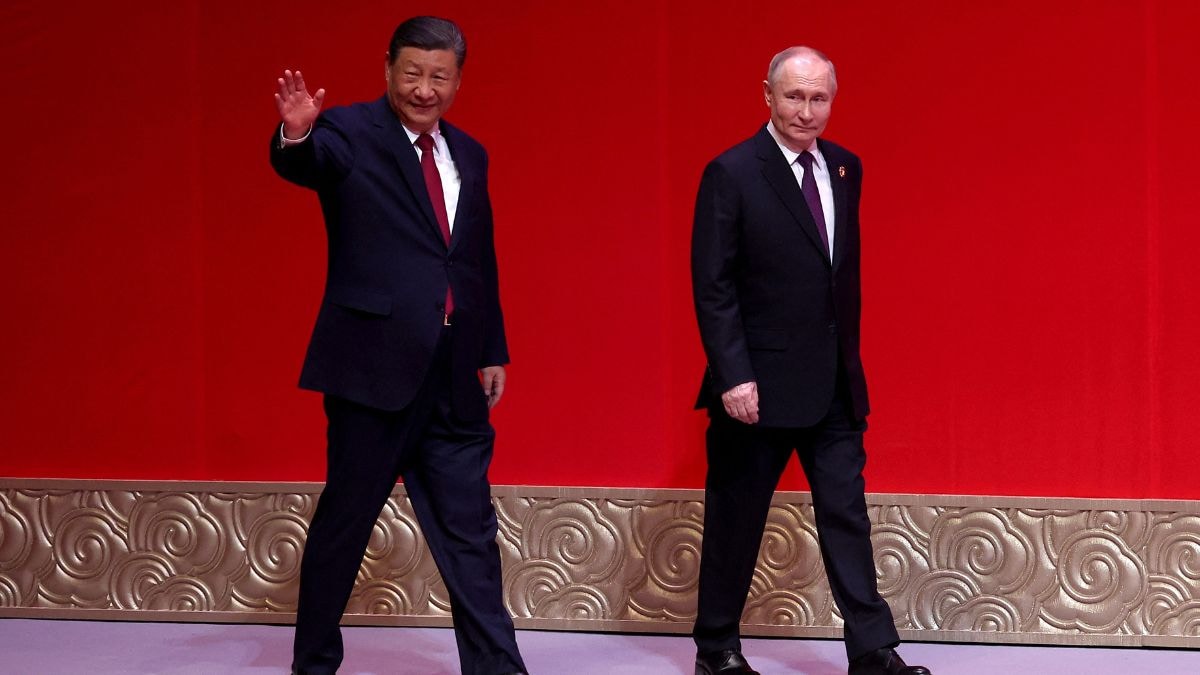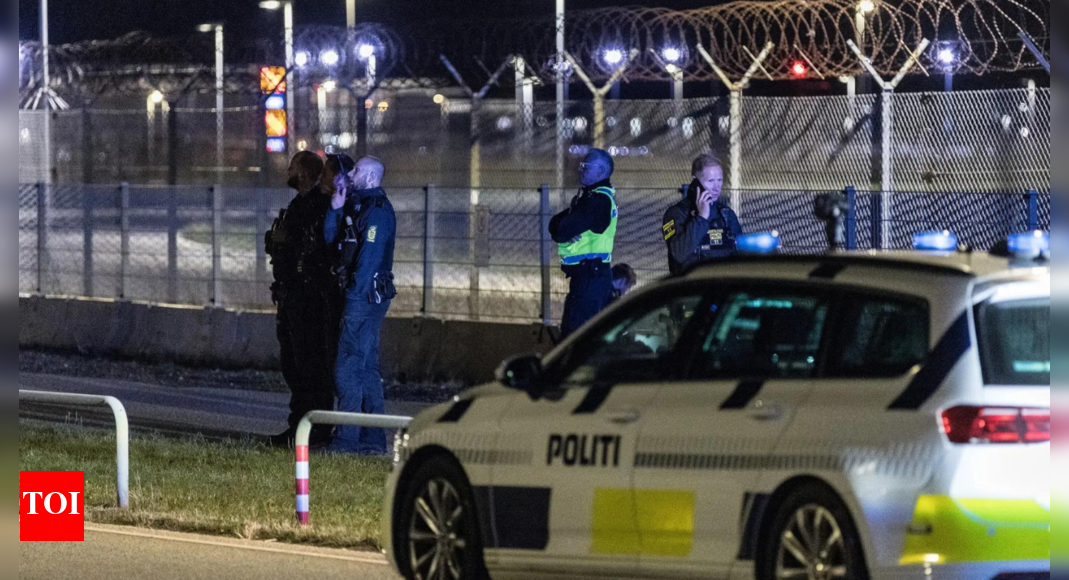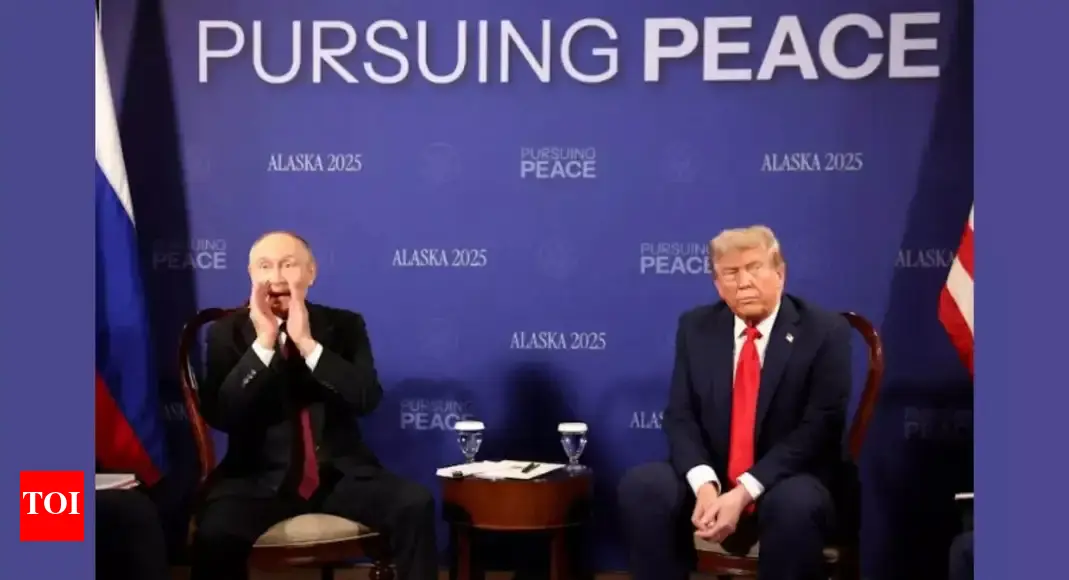As Russian President Vladimir Putin and Chinese leader Xi Jinping skip the BRICS Summit in Brazil, here’s how the expansion of the group has led to the emergence of an ideological divide.
read more
As Brazil gears up to host the
BRICS Summit 2025, two of the most prominent members of the group, leaders from Russia and China, are not attending the international summit, which started on Sunday. Experts believe that this may be a sign that the group’s recent expansion has also led to an ideological divide between the member nations.
The 72-year-old Chinese President
Xi Jinping have been attending the summit for the past 12 years. What becomes more interesting about this is the fact that no official reason has been given other than “scheduling conflict”. Chinese Premier Li Qiang will now be representing the country instead.
Meanwhile, Russian President Vladimir Putin, who is facing an
arrest warrant from the International Criminal Court (ICC), may have also decided not to travel to Rio to avoid embarrassing the summit host, who is a signatory to the ICC statute. Last year, Mongolia engaged in an acrimonious legal dispute with the ICC after it did not act on the warrant when Putin visited the country.
Is rapid expansion also creating space for ideological differences?
In 2023, Putin abandoned his plans to attend the BRICS Summit in South Africa after the country’s President Cyril Ramaphosa was unable to offer any guarantees regarding Putin’s arrest or otherwise under the warrant.
It is pertinent to note that the Russian leader is accused by the ICC of being instrumental in abducting and deporting tens of thousands of Ukrainian children. Over the years, BRICS have often been described as the G7 alternative for the developing world. In recent years, the group has witnessed significant expansion with new nations joining the bloc.
However, the process of expansion is diluting its coherence as a body offering an ideological alternative to Western capitalism represented by the G7. Its founding members were Brazil, Russia, India, China and South Africa. Last year, the group expanded to include Indonesia, Iran, Egypt, Ethiopia, Saudi Arabia and the United Arab Emirates, countries in various stages of economic development and with varying levels of antagonism towards the West.
Interestingly, the current make-up of the group leans towards autocratic societies, leaving India, Brazil and South Africa uneasy. Experts argue that with diverse voices now part of the group, Brazil, the host this year, would struggle to push its agenda.
For example, Brazil has often called for the reform and the expansion of the United Nations Security Council (
UNSC). However, China, which is a permanent member of the body, has often blocked India’s bid.
Apart from this, Brazil would also like to push for more commitments towards reducing carbon emissions. However, the plan would collide with new members like Saudi Arabia, Russia and the UAE, who are oil and gas-based economies.
Hence, with expansion, the group is slowly becoming ideologically divided. Nevertheless, Xi’s decision to stay away is puzzling, given that the US’s retreat from its global leadership role has provided a golden opportunity for China to pick up the mantle. Many wonder if both Russia and China are losing interest towards the body.




